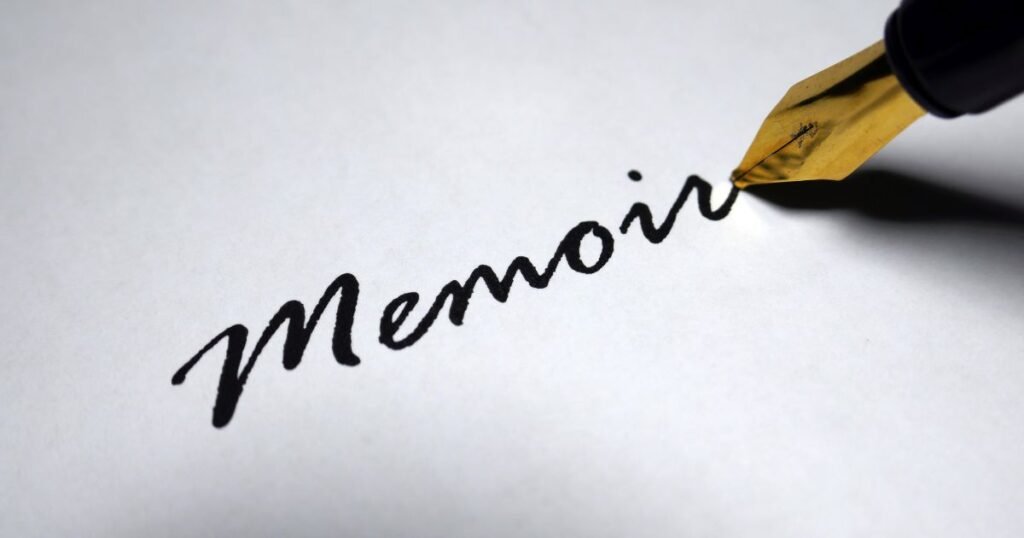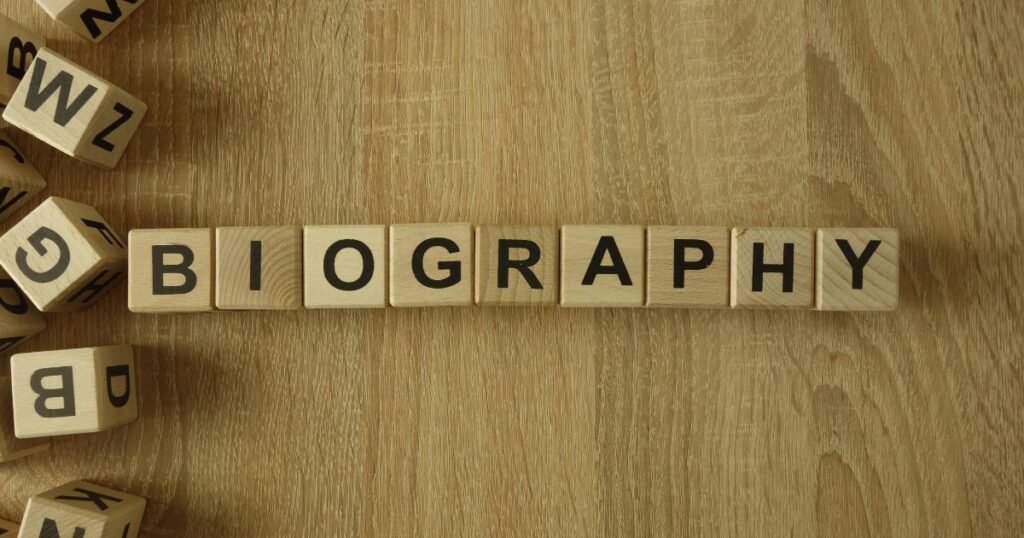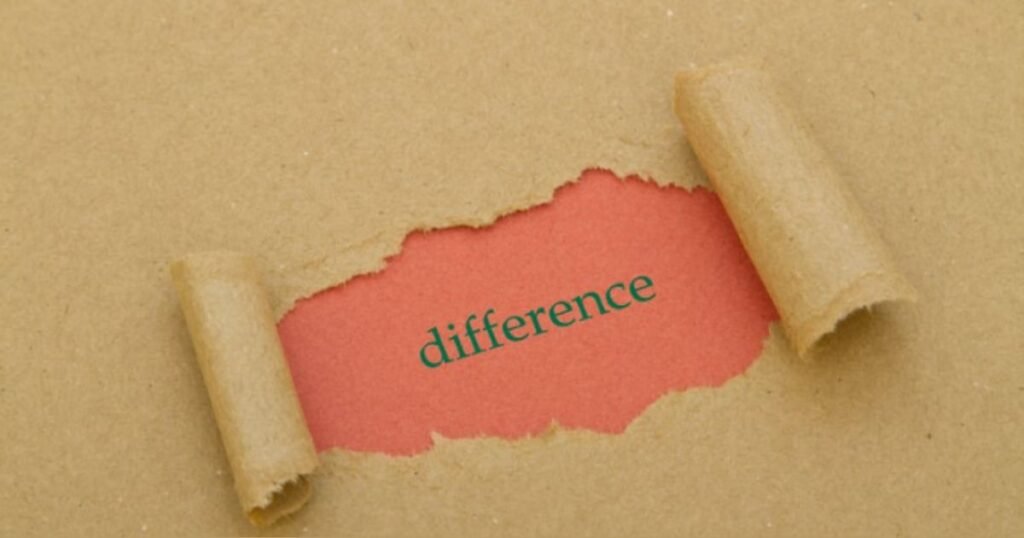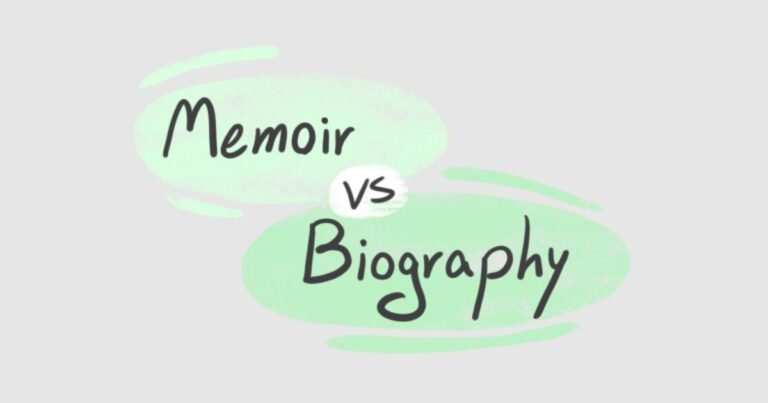Memoirs and biographies are two of the most beloved genres in literature, offering us a glimpse into real lives, histories, and stories that inspire, educate, and move us. But while they might seem similar on the surface, the differences between a memoir and a biography are significant enough to warrant exploration.
Are you a student navigating literary studies, a writer wondering what to craft next, or a curious reader looking to deepen your understanding of life narratives? This blog will give you a comprehensive breakdown of memoir vs biography, their defining characteristics, and why they play such an integral role in literature and culture.
By the end of this read, not only will you understand their differences, but you’ll also know which to pick up next from your reading list or perhaps which style to consider writing yourself.
Table of Contents

What is a Memoir?
A memoir is a personal recount of specific moments, themes, or emotions from the life of the author. The word “memoir” originates from the French word mémoire, meaning “memory.” Fittingly, a memoir is essentially a collection of memories that hold significance to the author’s life.
Key Features of a Memoir
- First-Person Perspective: Memoirs are written by the subject themselves, offering a deeply personal and subjective narrative.
- Focused Themes: Unlike a biography, which covers a life in its entirety, a memoir focuses on a specific period, event, or theme in the author’s life.
- Reflective and Emotional: Memoirs often convey the author’s thoughts, feelings, and reflections on the events they describe, providing a raw and emotional experience.
- Based on Memory: While rooted in factual events, these recollections may carry the inflections of personal interpretation rather than objective detail.
Famous Examples of Memoirs
- Educated by Tara Westover
- The Glass Castle by Jeannette Walls
- Eat, Pray, Love by Elizabeth Gilbert
These works immerse readers in the authors’ personal journeys, tackling themes like hardship, resilience, and self-discovery.

What is a Biography?
A biography narrates the complete life story of an individual, written by someone else. These works are meticulously researched and fact-based, providing readers with objective insights into the subject’s achievements, struggles, and historical significance.
Key Features of a Biography
- Third-Person Perspective: Biographies are authored by someone other than the subject, maintaining a more objective tone.
- Comprehensive Coverage: They outline the subject’s entire life, from birth to death (or their present-day life, if they’re living).
- Fact-Driven Storytelling: Biographies rely on interviews, documents, and historical records to ensure accuracy and depth.
- Historical Relevance: They often frame the subject’s life in relation to their societal or cultural impact.
Famous Examples of Biographies
- Steve Jobs by Walter Isaacson
- Alexander Hamilton by Ron Chernow
- The Wright Brothers by David McCullough
These biographies uncover intricate details about iconic figures who have shaped history, technology, and culture.
Key Differences Between Memoir and Biography

| Feature | Memoir | Biography |
|---|---|---|
| Written By | The subject (first-person) | A different author (third-person) |
| Focus | Specific events, themes, or emotions | Entire life story |
| Sources | Memory and personal reflections | Research, interviews, documents |
| Purpose | Self-expression and storytelling | Inform and educate readers |
| Tone | Subjective and emotional | Objective and fact-based |
Understanding these distinctions helps clarify what to expect as a reader and what approach to consider if you’re an aspiring author.
Similarities Between Memoir and Biography
Despite their differences, memoirs and biographies share common ground, particularly in their purpose of narrating a life story.
- Factual Basis: Both genres are rooted in real events and people.
- Cultural and Literary Value: Memoirs and biographies provide valuable insights into human experiences, history, and societal contributions.
- Reader Engagement: They both captivate readers who are curious about life’s complexities, challenges, and triumphs.
Which One Should You Read or Write?
Why Read a Memoir?
Memoirs are perfect if you want to connect emotionally with an author’s personal experiences. They offer profound insights into the human condition, emphasizing struggles, growth, and transformation.
Why Read a Biography?
Biographies are ideal for readers looking to gain in-depth knowledge about a historical figure or influential personality. They educate and inspire, often framing the subject’s legacy within a broader social or cultural context.
Should You Write a Memoir or Biography?
If you want to share your personal thoughts and experiences, a memoir will help convey your unique story. On the other hand, if you want to explore someone else’s lifetime achievements and societal impact, a biography might be the best route.
The Role of Memoirs and Biographies in Literature and History
Memoirs and biographies are far more than just life stories; they are powerful tools for understanding humanity and history.
Memoirs and Emotional Depth
Memoirs give readers a front-row seat to deeply personal, often vulnerable moments. They highlight themes like redemption, perseverance, and growth, resonating with readers on an emotional level.
Biographies and Historical Insights
Biographies often serve as a bridge to history, offering detailed accounts of significant moments and figures that shaped the world. They are essential for preserving cultural and historical memory.
Both genres have carved unique spaces in literature, influencing society and fostering greater empathy and understanding.
FAQs About Memoir vs Biography
What is the biggest difference between a memoir and a biography?
Memoirs focus on specific personal experiences written by the subject, while biographies provide a comprehensive life story written by another person.
Can a memoir contain fictional elements?
While based on real-life events, a memoir may include subjective interpretations or reconstructed memories, but it should remain truthful in spirit.
Are all biographies 100% factual?
Biographies strive for accuracy, but the interpretation of historical events and incomplete records can introduce an element of subjectivity.
Final Thoughts on Memoirs and Biographies
Memoirs and biographies both play crucial roles in preserving and sharing human stories, each with a unique lens. Memoirs allow us to experience lives intimately through the author’s voice, while biographies give us well-rounded, factual depictions of remarkable individuals.
Whether you’re a student, writer, researcher, or simply an avid reader, exploring these genres is a rewarding journey into the depths of humanity, history, and culture.
Take a moment to reflect on what you hope to learn or experience, and then choose the path that inspires you. Happy reading!

